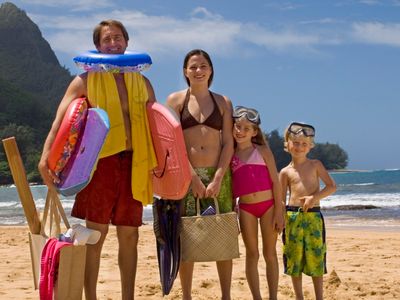This is an oniine course that you take when its suits you, all lectures are recorded and all assignments are done online. We will have one voluntary seminar on campus in october. Expect to spend 8 hours per week on the course.
MF2093 Sustainable Consumption 6.0 credits

The starting point for this course is United Nations’s sustainability development goal nr 12: Responsible consumption and production. This and the other 16 goals will guide the work of UN’s and all the states that signed the agreement, until 2030. UN has actually decided that Sweden will become a forerunner for goal nr 12.
This course takes a broad look at sustainable consumption, what it is, what the problem is and what to do about it. What is the responsibility of the individual consumer vs society? What can organisations and companies do?
We will start by going through the consumption areas food, shopping, housing, travel and banking. How do they affect the environment and what could a responsible consumption be? The second part will take a bigger perspective looking at behavioural change, values and lifestyles, wellbeing, and encourages you to take action yourself.
Information per course offering
Information for Autumn 2026 Start 24 Aug 2026 programme students
- Course location
KTH Campus
- Duration
- 24 Aug 2026 - 11 Jan 2027
- Periods
Autumn 2026: P1 (3 hp), P2 (3 hp)
- Pace of study
17%
- Application code
10634
- Form of study
Normal Daytime
- Language of instruction
English
- Course memo
- Course memo is not published
- Number of places
Min: 20
- Target group
- Open for all students with a Bachelor degree as long as it can be included in your programme.
- Planned modular schedule
- [object Object]
- Schedule
- Schedule is not published
- Part of programme
- No information inserted
Contact
Course syllabus as PDF
Please note: all information from the Course syllabus is available on this page in an accessible format.
Course syllabus MF2093 (Spring 2018–)Content and learning outcomes
Course disposition
Course contents
Intended learning outcomes
After passing the course, the students should be able to:
- understand how consumption is connected to ecological, social and economic sustainability.
- understand which consumption categories that have largest environmental impact and why, as well as how the consumption is connected to values, lifestyle and income.
- describe how the consumption looks in a global perspective, how it is changed, and forecasts for the future.
- state the connection between design and consumption and how design methodology can be used to achieve a more sustainable consumption.
- understand and reflect on your own footprint and create a strategy for how it can be reduced with an energy descent plan.
- know and use different methods to influence, change and plan for a more sustainable consumption.
Literature and preparations
Specific prerequisites
Bachelor Degree.
Literature
Current research articles and reports.
Examination and completion
Grading scale
Examination
- SEM1 - Seminar, 3.0 credits, grading scale: P, F
- INL1 - Hand in Exercise, 3.0 credits, grading scale: P, F
Based on recommendation from KTH’s coordinator for disabilities, the examiner will decide how to adapt an examination for students with documented disability.
The examiner may apply another examination format when re-examining individual students.
If the course is discontinued, students may request to be examined during the following two academic years.
Other requirements for final grade
Passed exercises and written assignments.
Examiner
Ethical approach
- All members of a group are responsible for the group's work.
- In any assessment, every student shall honestly disclose any help received and sources used.
- In an oral assessment, every student shall be able to present and answer questions about the entire assignment and solution.